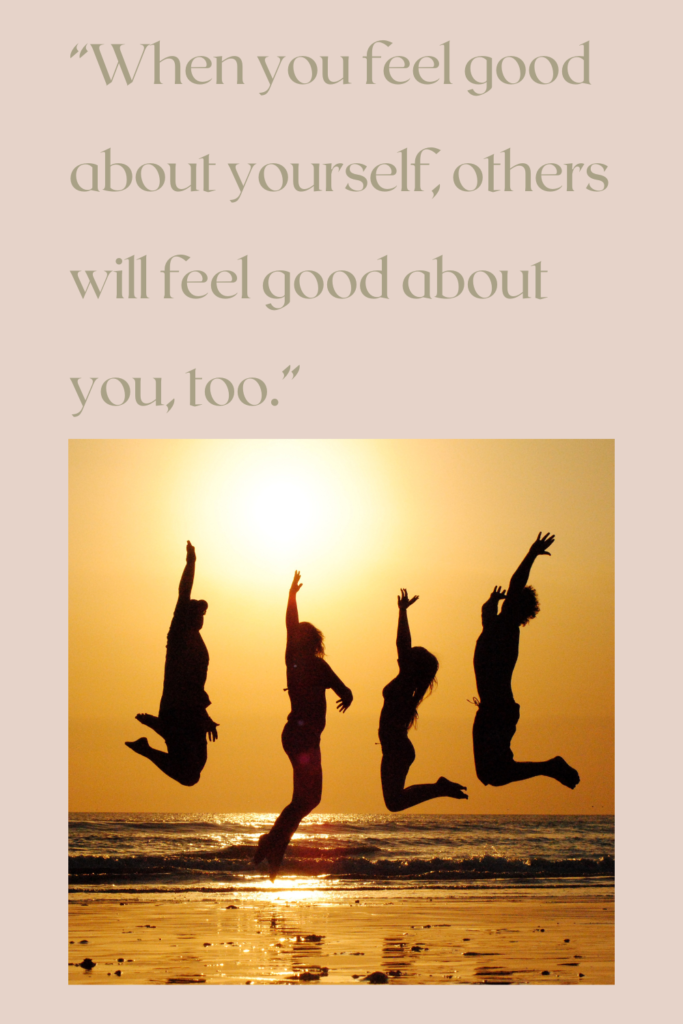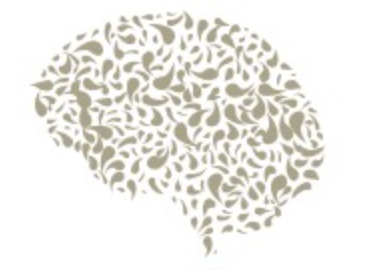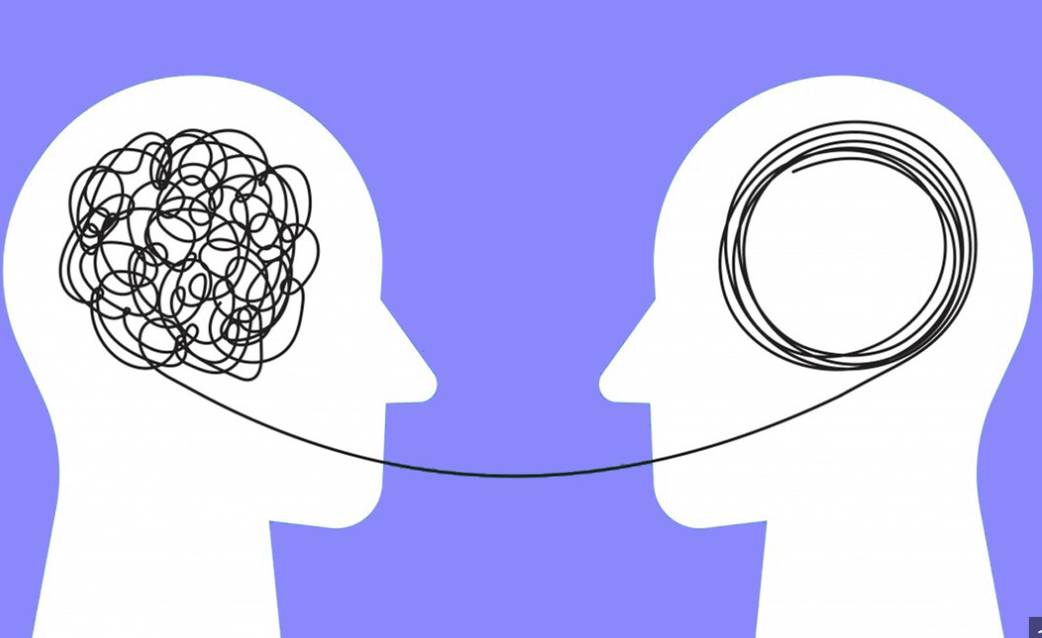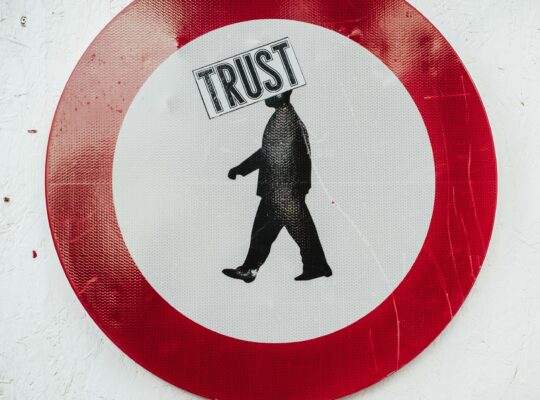
Self-awareness is a vital journey of understanding ourselves better—our thoughts, emotions, and actions. It’s crucial in today’s fast-paced world, guiding us to make better decisions, nurture relationships, and navigate challenges effectively.
Self-awareness involves exploring our strengths, weaknesses, motivations, and behaviors. Through practices like mindfulness, journaling, and seeking feedback, we gain valuable insights into ourselves and others. It fosters empathy, authenticity, and meaningful connections.
- Meditate: Start with short sessions 30 seconds of slow, deep breathing if meditation feels overwhelming.
- Seek feedback: Asking others for input can reveal both strengths and weaknesses we may not recognize on our own. Sometimes we do not know our strengths and weaknesses. Consider having a ‘truthful dinner’ with someone you trust to get honest feedback. Ask them specific questions about your behavior, like “What do I do that bothers you the most?” This helps you improve relationships and understand yourself better. Plante suggests finding people who give honest feedback, not just those who always agree with you. Be open to feedback without getting defensive.
- Set and analyze goals: Writing down, tracking, and evaluating your goals provides valuable insights into your motivations and drives.
- Use personality assessments: Explore tools like the VIA Character Survey or StrengthsFinder to gain deeper insights into your character traits.
- Journal: Engage in free-writing or use prompts to gain perspective on your thoughts, beliefs, and emotions. Spend 2 to 3 minutes each evening asking yourself these questions: What went well today? What didn’t go so well today? How can I improve tomorrow? Focusing on the last question can prevent dwelling on past mistakes. Keep your thoughts on the future and look for ways to take action.
- Write morning pages: Inspired by Julia Cameron’s “The Artist’s Way,” dedicate time each morning to write three pages of unfiltered thoughts. This practice fosters stream-of-consciousness writing and can reveal surprising insights about yourself.
- Apply Albert Ellis’s ABCs: Recognize activating events that trigger negative emotions, examine the beliefs that arise from them, and consider their consequences. Ellis’s Rational Emotive Behavior Therapy (REBT) helps challenge and replace irrational beliefs with healthier ones, fostering emotional well-being and goal achievement (Albert Ellis Institute, n.d.).The purpose is to empty your mind before starting your day. Your writing may appear disorganized at first, but it could also evolve into something worth exploring later on. This practice involves stream-of-consciousness writing, rather than deliberate planning. Avoid looking at these pages, unless an intriguing idea like some solution comes to mind. Through this process, you might uncover surprising insights about your identity, values, and priorities.
Self Awareness Activity: Self-Reflecting on Emotional Intelligence
This activity, created by Dr. Hugo Alberts, helps you think about how well you:
- Understand your feelings
- Understand how others feel
- Manage your emotions
- Use your emotions to improve yourself
For each of these areas, you think about how good you are now and how you can get better. Alberts gives you questions to help you think.
For example, if you want to understand your feelings better, think about these questions:
- How well can I tell how I feel?
- Do I know if I’m happy or not?
- Can I notice when I feel angry, sad, or bored?
- Can I see when my emotions change?
After you think about these questions, write down what you think about yourself now. Then, write down how you can get better. There are about six questions for each area.
If you’re doing this in a group, the leader can explain it with an example. After talking about the example, everyone can work on their own. Sometimes there might not be enough time to finish in one meeting. Here’s what you can do:
- If the group meets for a few days, you can finish at home.
- If it’s just one meeting, the leader can ask everyone to finish at home.
- If the group meets again, people can talk about what they learned in small groups. The leader can also ask people to share with the whole group if they want.
Self awareness: Maori Intuitive Drawing Exercise
The Maori Medicine Men from New Zealand used this method to help people think about their lives. They did it once a year, often on their birthday. In this activity, you’ll draw a picture to think about your past, present, and future.
- Get a piece of paper and draw a big circle on it. This circle is like a special space just for you.
- On the back of the paper, write down these words: Snake, Flower, Butterfly, Bird path, Mountain, Shelter, Tree.
- Inside your circle, draw these symbols wherever you want. Take your time and draw them the way you like.
- When you finish drawing, add a dotted line going horizontally and another one going vertically. This divides your paper into four parts.
This activity helps you think about your life and it’s something nice to do every year.








[…] where we may fall short of our own expectations or societal ideals, prompting us to strive for self-improvement and alignment with our values. Objective self-awareness fosters accountability and empowers […]
[…] the values we feel like we’re working towards. For example, one of my aspirational values is authenticity. While I’m more authentic than I was a year ago, it’s still something I feel like […]
[…] individuals lose a sense of being separate and independent. This dynamic is usually rooted in low self-worth and past traumas, leading the codependent person to seek validation from others by constantly trying […]
[…] assertiveness, think of it as having three important parts. First, it’s about saying what you need or want. Second, it’s about understanding and respecting what others need. And third, it’s about […]
[…] the better we can manage them. According to Daniel Goleman, the author of Emotional Intelligence, self-awareness is a huge part of emotional regulation. Once you know what’s triggering you, you can act instead […]
[…] intelligence is not static. You can build it over time. Try practices like mindfulness to improve self-awareness. Reflect on your daily emotional experiences and share them with your partner. Discuss what […]
[…] Self-awareness helps. It’s easier to show empathy when you understand your own emotions. For help improving emotional awareness, visit Greater Good Science Center. […]